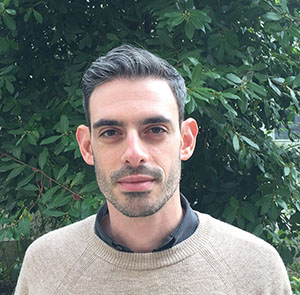
CompLang/CBMM 04/18: Tal Linzen - Linguistics in the age of deep learning
Description
At this Thursday's CompLang meeting, invited speaker Tal Linzen (Johns Hopkins University) will give a talk on linguistics and deep learning. Note that this is a shared CompLang and CBMM event. Hope to see many of you there!
Linguistics in the age of deep learning
Deep learning systems with minimal or no explicit linguistic structure have recently proved to be surprisingly successful in language technologies. What, then, is the role of linguistics in language technologies in the deep learning age? I will argue that the widespread use of these "black box" models provides an opportunity for a new type of contribution: characterizing the desired behavior of the system along interpretable axes of generalization from the training set, and identifying the areas in which the system falls short of that standard.
I will illustrate this approach in word prediction (language models) and natural language inference. I will show that recurrent neural network language models are able to process many syntactic dependencies in typical sentences with considerable success, but when evaluated on carefully controlled materials, their error rate increases sharply. Perhaps more strikingly, neural inference systems (including ones based on the widely popular BERT model), which appear to be quite accurate according to the standard evaluation criteria used in the NLP community, perform very poorly in controlled experiments; for example, they universally infer from "the judge chastised the lawyer” that "the lawyer chastised the judge”. Finally, if time permits, I will show how neural network models can be used to address classic questions in linguistics, in particular by providing a platform for testing for the necessity and sufficiency of explicit structural biases in the acquisition of syntactic transformations.
Speaker Bio
Tal Linzen is Assistant Professor in the Department of Cognitive Science at Johns Hopkins University, where he directs the JHU Computational Psycholinguistics Lab.

